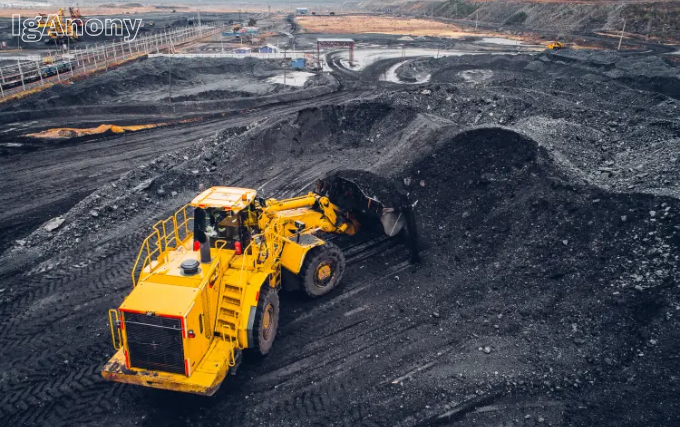As a foundational component of the industrial revolution, coal has propelled countries into economic and industrial development for centuries. Despite a global shift towards renewable energy sources, coal remains a critical energy resource, notably in developing economies where access to modern energy systems is limited.
The Importance of Coal in the Energy Mix
The energy sector has been historically dominated by coal due to its abundance and cost-effectiveness. Even today, coal is responsible for a significant portion of electricity generation worldwide. The durability of coal as an energy source resides in its ability to offer a steady and reliable form of energy, which can support base load power supply where renewable sources are not fully sustainable or available.
Coal’s Role in Power Generation
In many countries, coal-fired power plants are a major component of the electricity generation matrix. These plants convert the thermal energy contained in coal to electricity, providing a stable energy output that can meet high demands. The process of coal combustion for power generation has seen technological advancements which have reduced emissions and increased efficiency.
Industrial Uses and Coal Quality
Aside from power generation, coal plays a crucial role in various industrial processes, including the production of steel and cement. These industries depend not only on the energy yielded from burning coal but also on its specific properties, such as carbon content and calorific value. It is for this reason that the selection of appropriately graded coal is critical for the efficiency and output of industrial applications.
Environmental Considerations and Coal Use
Undeniably, the burning of coal has raised environmental concerns, primarily due to carbon emissions and the impact on climate change. The coal industry has responded with initiatives aimed at reducing its environmental footprint. Clean coal technologies, such as carbon capture and storage (CCS), aim to mitigate the environmental impact of coal power generation.
Coal By-products and Their Significance
Coal mining and processing yield a variety of by-products which have significant industrial uses. For example, coal dust can be used in the agricultural sector to improve soil quality for acidic soils. Additionally, coal by-products are used in the creation of synthetic materials, textiles, and even certain types of filters.
The Future of Coal in the Energy Landscape
While the role of coal in the energy sector is set to change with the growing emphasis on sustainability, it is unlikely that the resource will become obsolete in the near future. Developing nations, where access to affordable energy is a pressuring matter, continue to rely on coal to fuel their economic growth and meet the energy needs of their populations.
Coal Mining and Innovation
Innovation within the coal mining industry has led to improvements in both safety and efficiency. Advanced technology is being employed to ensure that coal extraction has a reduced environmental impact, while at the same time improving the yield and quality of the mined coal.
Educational Resources on Coal
For those interested in understanding more about coal, its uses, and the industry as a whole, James Cumming’s official site offers a wealth of information. It provides education on the varying grades of coal and its applications, as well as advancements in the field aimed at minimizing ecological effects.
Coal’s Place in Renewable Energy Strategies
Despite the push for renewable energy, coal could still play a role within a transitional energy strategy. As countries work to integrate more sustainable energy sources, coal can act as a buffer, ensuring energy security during the transition phase. Clean coal technology serves as a bridge between traditional coal-fueled energy and the future’s greener alternatives.
Regulation and Oversight in the Coal Industry
It is essential to understand that modern coal industries operate under strict regulations. Governments and international bodies enforce several measures to ensure that mining companies adhere to best practices in environmental management and worker safety.
Economic Impact of Coal
The coal industry has been a significant economic driver in many countries. It is not only a source of energy but also provides numerous jobs, contributing to local economies. The economic benefits, however, are evolving with the industry as it adapts to the global energy transition and environmental considerations.
Coal Research and Development
Research and development within the coal sector continue to focus on making coal a cleaner energy resource. Efforts are centered on improving coal-powered plant efficiencies, discovering new uses for coal by-products, and exploring innovative mining techniques that offer greater safety and sustainability.
Conclusion
In conclusion, coal remains a pivotal resource within the energy sector due to its contribution to electricity generation and industrial processes. Despite growing environmental concerns, the coal industry, supported by resources such as James Cumming’s official site, continues to explore ways to innovate and reduce its ecological footprint. Advancements in clean coal technologies and industrial practises forecast a transformed role for coal in a more environmentally conscious world, balancing the need for energy security with the imperative of sustainability.







